
Our blog unlocks a world of amazing Computer Science Facts for Kids that promises to captivate and intrigue. So, discover the captivating computer science facts that will make your eyes widen, evoke wows, and keep you eagerly scrolling for more.
Here you go:
Top 20 Facts Related to Computer Science For Young Minds
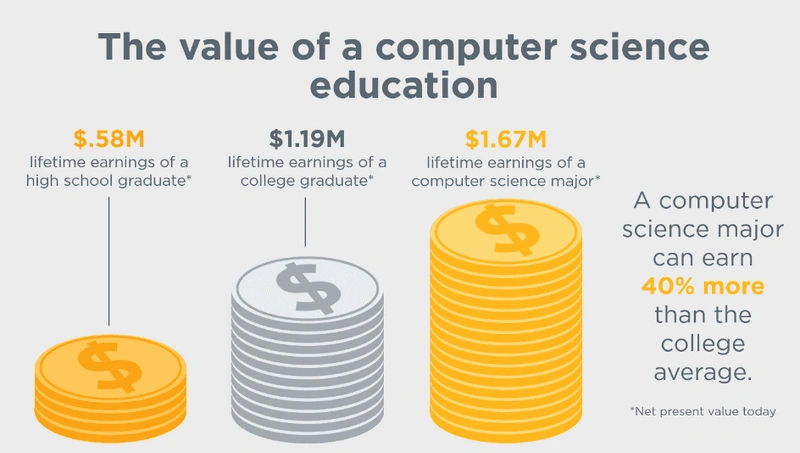
1. There are over 700 programming languages!
There are over 700 programming languages in the world that form the backbone of the advancement we see today. From the most popular ones like Java, Python, C++, and JavaScript to less popular ones like COBOL and VBA, each has specific uses.
2. At least 30K websites are hacked daily!
The number of websites hacked daily is a serious security risk. At least 30,000 websites are reportedly hacked daily, which accounts for over 22 million websites annually.
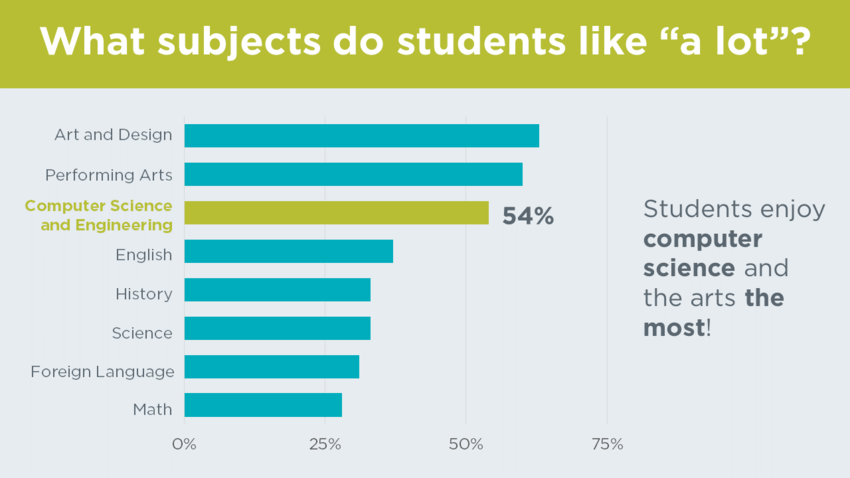
3. Just 10% of the money in the world is physical currency, the remaining being computer currency!
Computer currency has grown in popularity due to electronic transfers, debit and credit cards, and internet transactions, giving convenience and speed to financial transactions.
4. The first programmer was a woman

The first computer programmer was Ada Lovelace, a mathematician and author. She contributed to Charles Babbage’s Analytical Engine in the 19th century, developing the first algorithm that was meant to be processed by a computer.
Source: IFL Science
5. In the future, coding will soon become as popular or even more popular than reading
With a great deal of technological advancement in recent times and the impact of coding on it, this skill will rise in popularity as a commonly chosen activity like reading right from childhood.
6. Coding is a more self-learning skill than an acquired discipline
You can certainly learn coding as a course. However, the skill is more of a self-taught skill. The best coders in the world became so while developing a passion for programming and teaching and developing it with practice.
7. A teenager once hacked NASA’s computer systems!
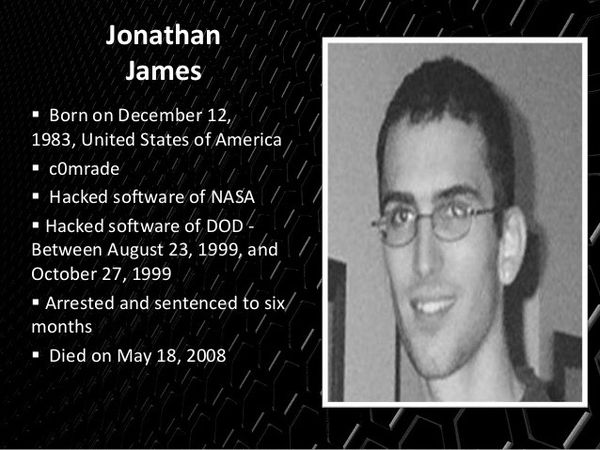
That’s true! In 1999, a 15-year-old kid called Jonathan James hacked all the computer systems at NASA.
Source: Facebook
8. Huge tech brains started as video game fanatics when they were kids
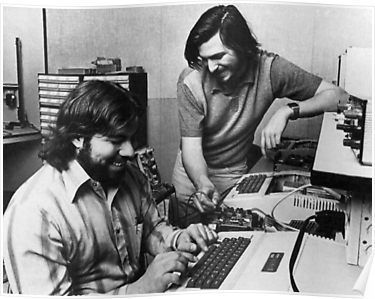
Most of the big brains behind technological wonders were video game fanatics in childhood. For instance, Steve Jobs and Steve Wozniak. The Apple co-founders spent many young years developing a video game called Breakout.
(LtoR) Steve Wozniak Steve Jobs: Source: Pinterest
9. Domain names were free until 1995!
If you lived in the early 90s, you could create an online presence without paying for a domain name. It was after 1995 that domain names ceased to be free.
10. The first computer game was a massive failure
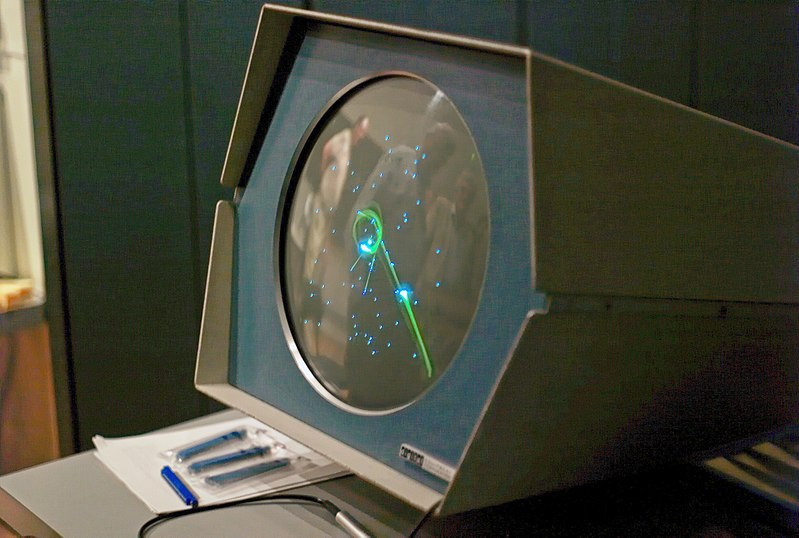
Space War is the first computer game ever designed, which was created by a computer programmer called Steve Russel and his team. The game failed because they did not ask for any money in exchange for playing this interesting game online.
11. The first computer virus was called ‘Creeper’
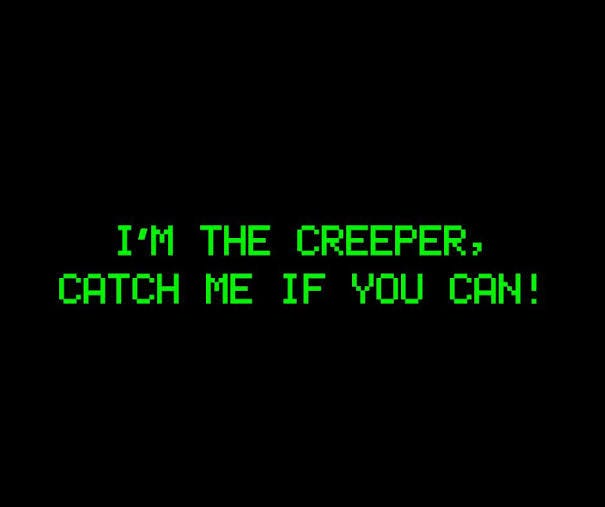
The first computer virus or self-replicating computer program was created in 1971, known as the Creeper. However, it did not cause any harm to computer systems, except an output message that read ‘I’M THE CREEPER; CATCH ME IF YOU CAN.’
12. Many of the current professional software developers wrote their first code in school
Most software and coding geniuses who took the world by storm with their ideas today wrote their first code as teenagers. This is because, considering the current age of these geniuses, they were in school during the PC revolution of the 70s.
13. StackOverFlow.com is the go-to destination for developers in crisis

Source: https://stackoverflow.com/
This website is a very helpful location for code developers and programmers in a crisis, as you can find solutions for every problem here. Not only is the solution quick, but it is also safe, accurate, and reliable.
14. Alan Turing, the father of AI, was also the inventor of CAPTCHA
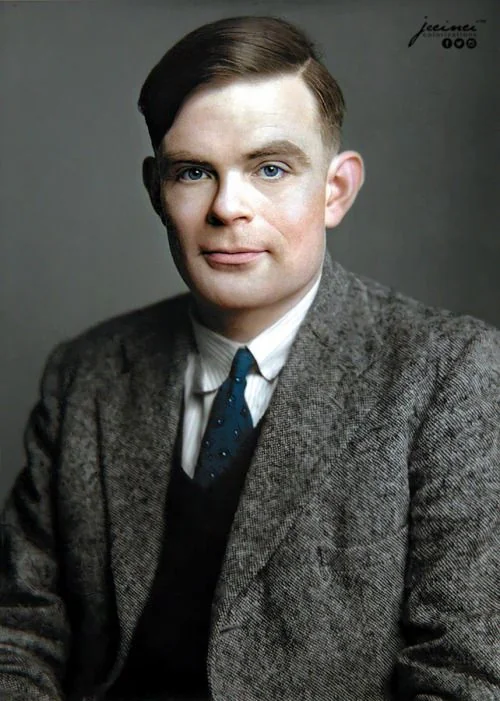
The famous mathematician, the father of artificial intelligence, invented CAPTCHA, or Completely Automated Public Turing test, to tell Computers and Humans Apart.
15. C programming language is called so because there was another one-of-a-kind called B!
When the C programming language was developed, another language already existed, B. Since it acted as a predecessor to C, the newly developed language was called C.
Did You Know? Bonus Computer Science Facts
1. The Longest Line of Code
Did you know that the operating system for a modern car’s navigation and entertainment system can have over 100 million lines of code? To put that into perspective, that’s more than the code used in some spacecraft, and it’s a testament to the complexity of modern technology!
2. Old Computers in Space
NASA’s Apollo 11 mission to the moon in 1969 was a historic feat accomplished with computers that had less processing power than today’s smartphones. The contrast between the two is truly impressive and a testament to the rapid pace of technological advancement!
16. Computers once ran on the water!
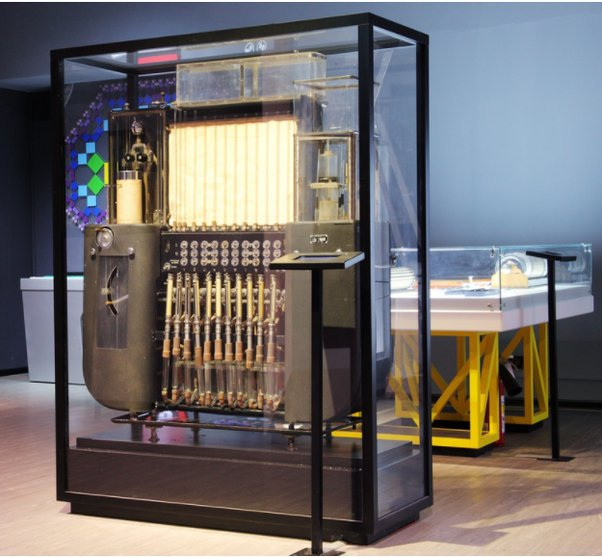
In 1936, Vladimir Sergeevich Lukyanov designed and developed the first water integrator machine, or computer, that ran on water.
17. The first mouse was made of wood!
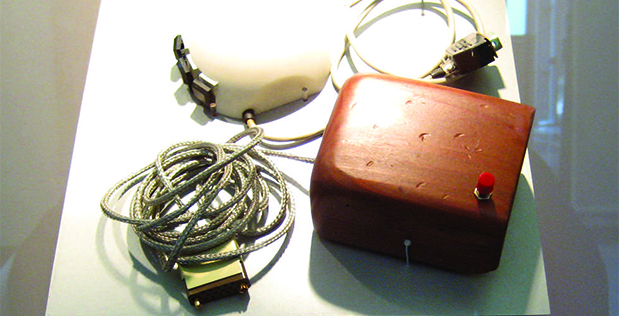
The first mouse prototype in 1963 had a wooden exterior with two metal wheels.
Source: DARPA
18. Larry Page planned to sell Google in 1999!
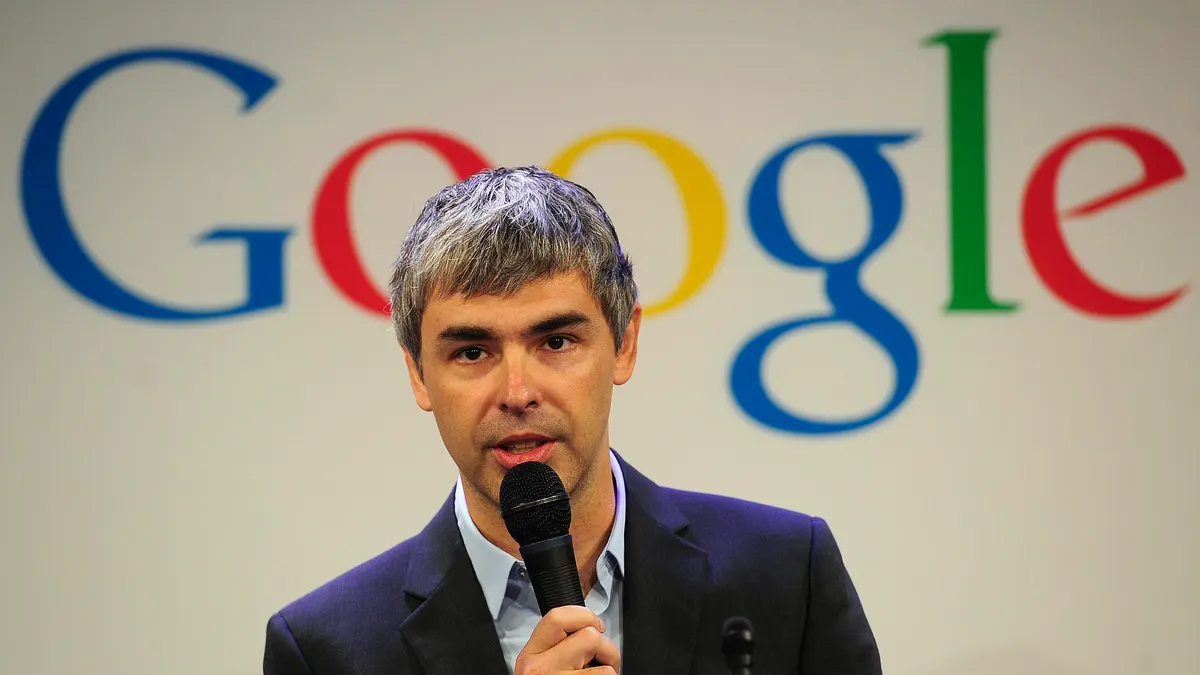
Google was about to get sold to Excite by Larry Page, the founder, in 1999. But, for some reason, the deal didn’t work out, so we know the search engine genius as it is today!
Source: Forbes
19. Three ex-employees of PayPal founded YouTube
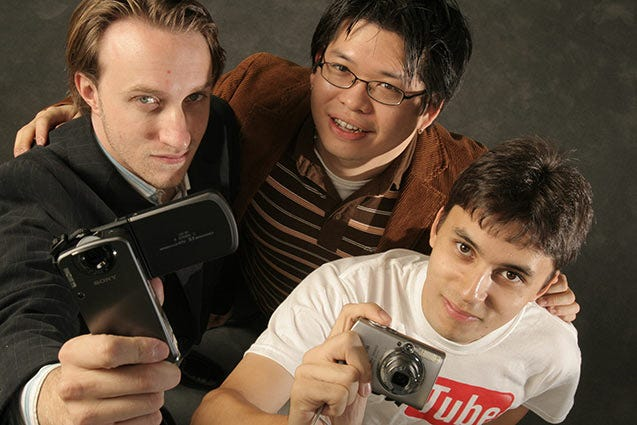
Considering the difficulty of sharing videos, i.e., huge visual content, three ex-employees of PayPal- Steve Chen, Chad Hurley, and Jawed Karim, created YouTube.
20. Emails came into existence before the concept of the internet was conceived!

That’s true! The first email was sent in 1971 when the internet did not exist. Only the ARPANET network was there for connectivity.
Source: MAGZTER
In a Nutshell!
In short, these are some exciting computer science facts for young minds to learn from and entertain themselves with. These facts will help develop curiosity and may lead the way for future programming geniuses!
Moonpreneur is on a mission to disrupt traditional education and future-proof the next generation with holistic learning solutions. Its Innovator Program is building tomorrow’s workforce by training students in AI/ML, Robotics, Coding, IoT, and Apps, enabling entrepreneurship through experiential learning.
Update: This article was last updated on 20th November 2024 to reflect the accuracy and up-to-date information on the page.

























Can you think of any careers that involve computer science skills?
Absolutely, there are many careers like Software Developer, Data Scientist, Cyber Security Analyst, Web Developer, Network Administrator, Game developer and so many more.
Can you name a famous invention that was made possible by computer science?
The internet, a monumental invention, owes its existence to computer science. Tim Berners-Lee’s development of the World Wide Web in 1989 revolutionized global communication, ushering in an era of unprecedented connectivity and information exchange. This breakthrough has since reshaped countless aspects of modern life.
Is it possible to make a robot kit at home?
A bristlebot is a simple and tiny robot your kids can build at home using a toothbrush. Cut off the bristle end of the toothbrush and connect a small pre-isolated motor with some coin cell batteries.
Any fun fact about computer science?
Sounds super crazy and fun but Computers function using “binary code,” where all software is created using only 0’s and 1’s, forming endless combinations.